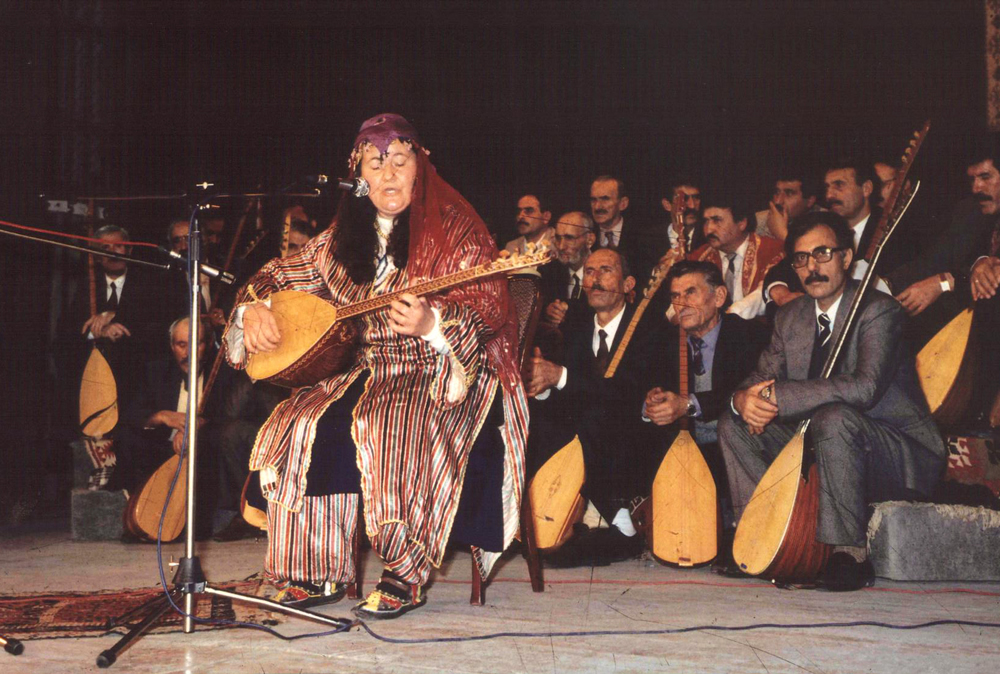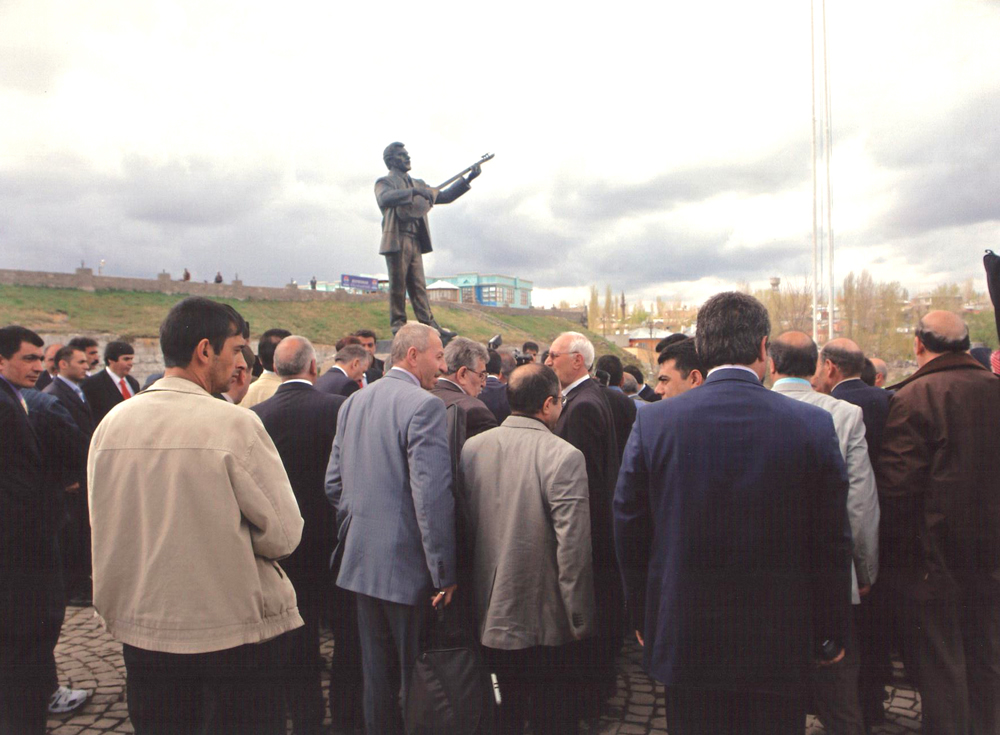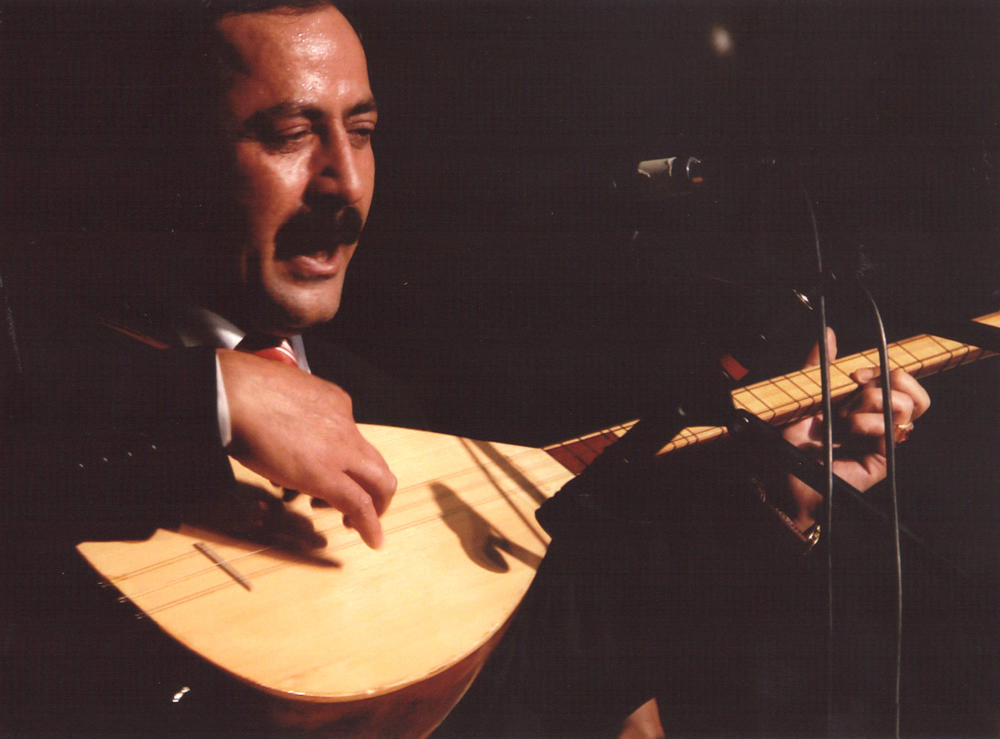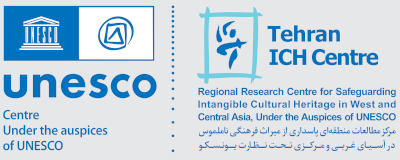The Âşıklık (minstrelsy) tradition of Turkey is performed by wandering poet-singers known as âşıks. Dressed in traditional clothes and plucking a stringed saz, the âşık is a common performer at weddings, in coffeehouses and during public festivals of all sorts. The âşık is called in a dream to undertake a long apprenticeship in the arts of playing string and percussion instruments, singing, storytelling and repartee that form the heart of the vocation. The poems they recite, usually about love, are written in rhymed syllabic meter and end with a quatrain in which the âşık utters the Mâhlas, his pseudonym. Their improvisational performances may also include riddles, folk tales, verbal duels of wit and creativity with other âşıks, and verses sung while the minstrel holds a needle in his mouth to force him to recite poems avoiding B, P, V, M and F sounds. Because âşıks travel between communities, they help to spread cultural values and ideas and to facilitate a robust social dialogue, in part through topical poetry and social and political satire. At weddings in particular, âşıks are regarded as instructors and guides whose tradition draws on and enriches Turkish literary culture and the daily lives of communities throughout the country.










